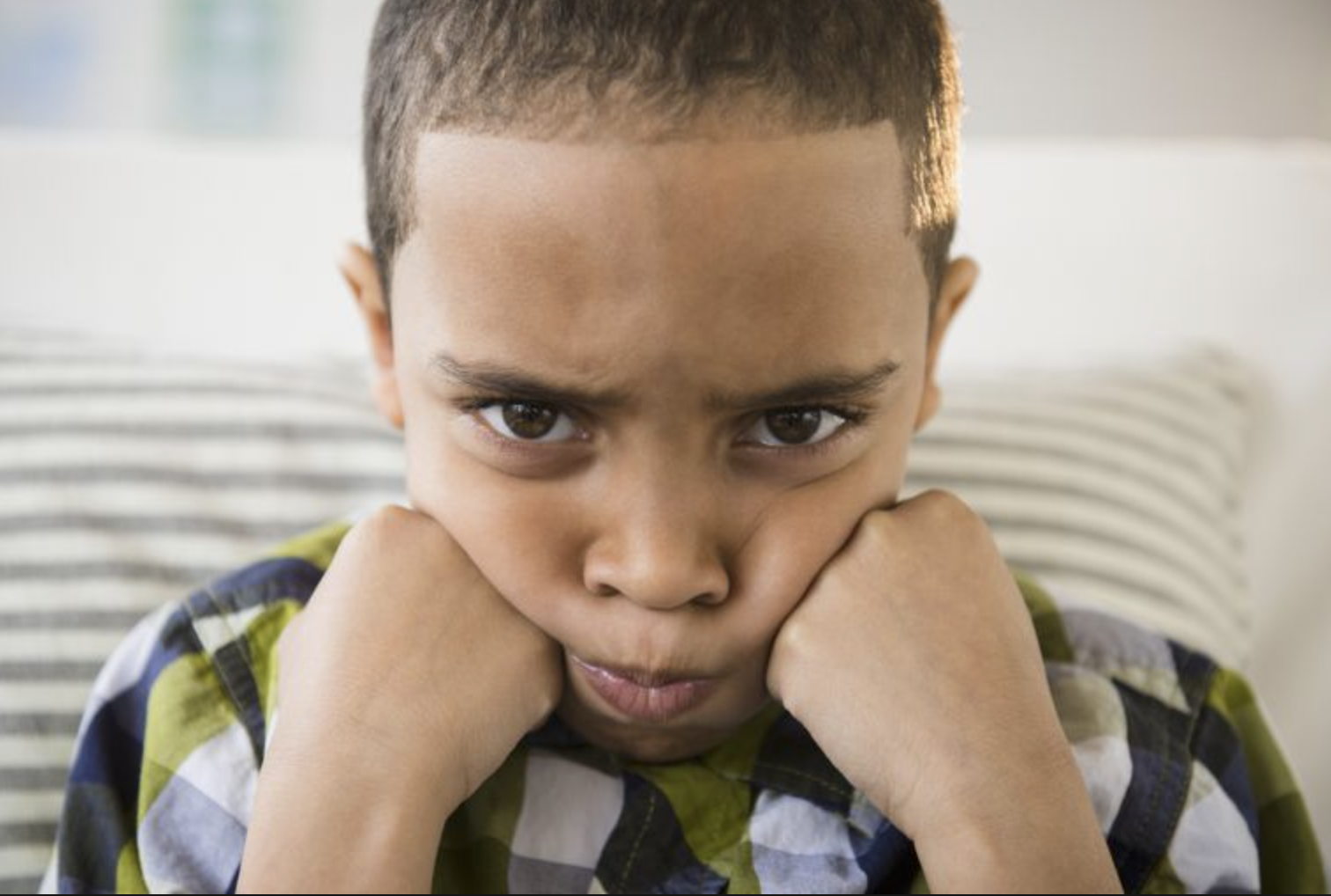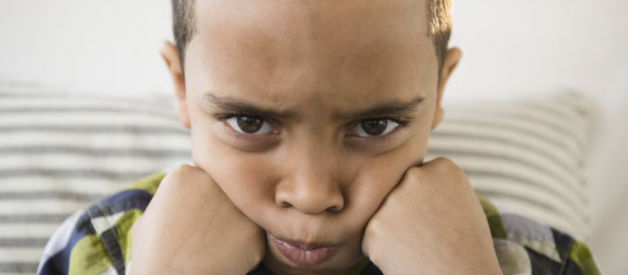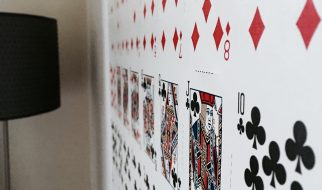 Image Credit: Google Images ?Angry Child?
Image Credit: Google Images ?Angry Child?
I?ve had my children hate me from time to time. One now. The other, later. Sometimes both simultaneously.
As of today, I?ve been a mom for 22 years, 6 months, and 8 days, and I?m still as imperfect at parenting as I was when I first took on the role.
My children have hated me:
When I told them to put away their toys and they did not want to
When they had to fork over $50, then $75, then $100 copayments for phones damaged, lost, and destroyed
When I needed them to not speak to me for at least 30 minutes upon arrival at home after work
When I didn?t take them to parades and amusement parks because I couldn?t handle the crowds
When I pushed them to communicate through writing, as an alternative to trying to verbally express themselves when their emotions were all knotted up
When I enrolled them in schools they did not want to go to and when I enrolled them in ones they wanted to attend
When I wanted them to apply themselves more and do better in school
When I calmly hammered, broke, and threw away their Nintendos, DSs, and other games (Yes, on different occasions)
When I kept them with me, in my classroom, until 7:00pm many nights
When I dragged them to college class, after college class with me for nine years straight
When their dad was part of our home and when he wasn?t
When they somehow thought I was responsible for leaving their dad with $29 in his paycheck
When I listened to their complaints about each other and about me, and when I didn?t
When I was calm and when I yelled at them
When I was stressed ? which, admittedly, was often
When things were beyond their control and they needed to lash out at someone, and I was the safe space
When they thought they were grown but really were not.
The list likely runs the circumference of the earth, if not the solar system?
But our children have the right to hate us as much as they have the right to say ouch when they stub their toes.
They have to feel their feelings, own them, and come to terms with them in relation to their own revelations and realities.
They have the right to hate but not the right to abuse in any expression of that emotion. They can feel anger and hatred but must still show respect, and hopefully appreciation. What would happen if they punched out the very doctor who was tending to their stubbed toe?
To love, and love deeply, is to also have the capacity to hate. Both are just choices we make. Our children must explore both love and hate to know which they will choose. After all, we can?t force anyone to love. We can only help teach/train them by the way we live and give them room to make the deeply personal decisions of love and hate.
If you?re a parent like me, you never want your children to hate you. In fact, your children hating you might well be your greatest fear.
That fear is only part of all that we embrace when we are granted the honor and privilege of nurturing our children to the best of our imperfect abilities.
Also, our children are not ours permanently. In the words of psychologist, Erich Fromm:
In erotic love, two people who were separate become one. In motherly love, two people who were one become separate. The mother must not only tolerate, she must wish and support the child?s separation.
In supporting our children?s separation, we must give room for them to hate us (with understanding, appropriate teaching and modeling, and communication when reception for us both is prime) so that they can come to terms with how they will process and respond to the more powerful feelings and emotional pain situations that life will surely force them to encounter.


